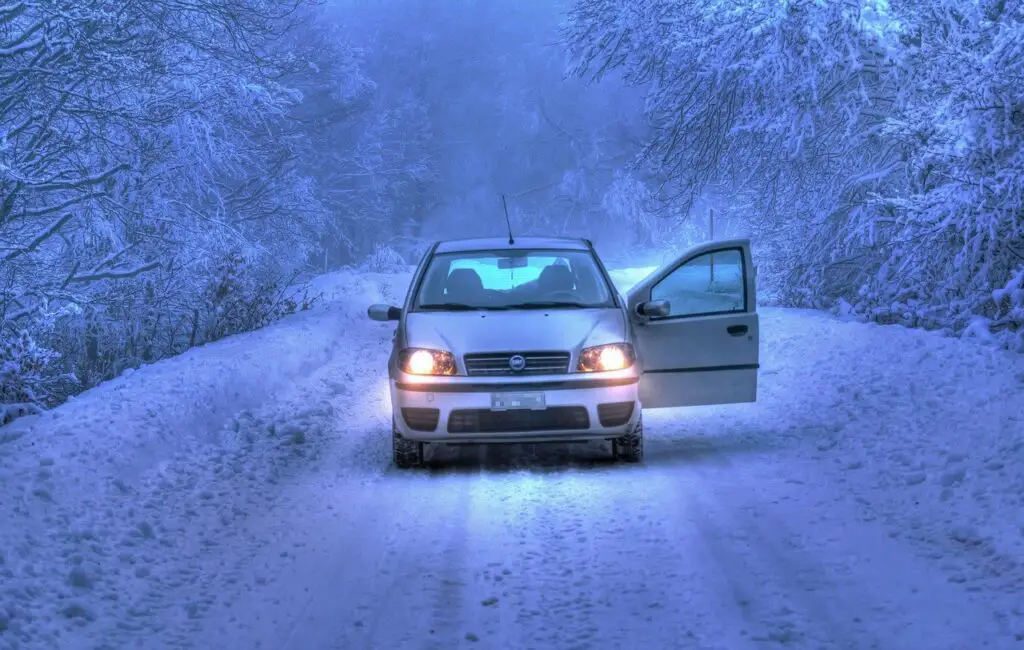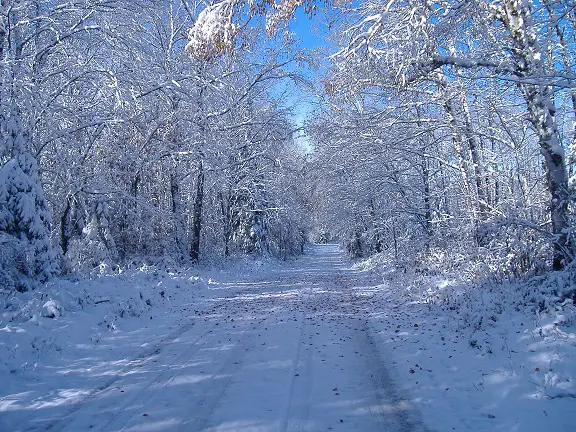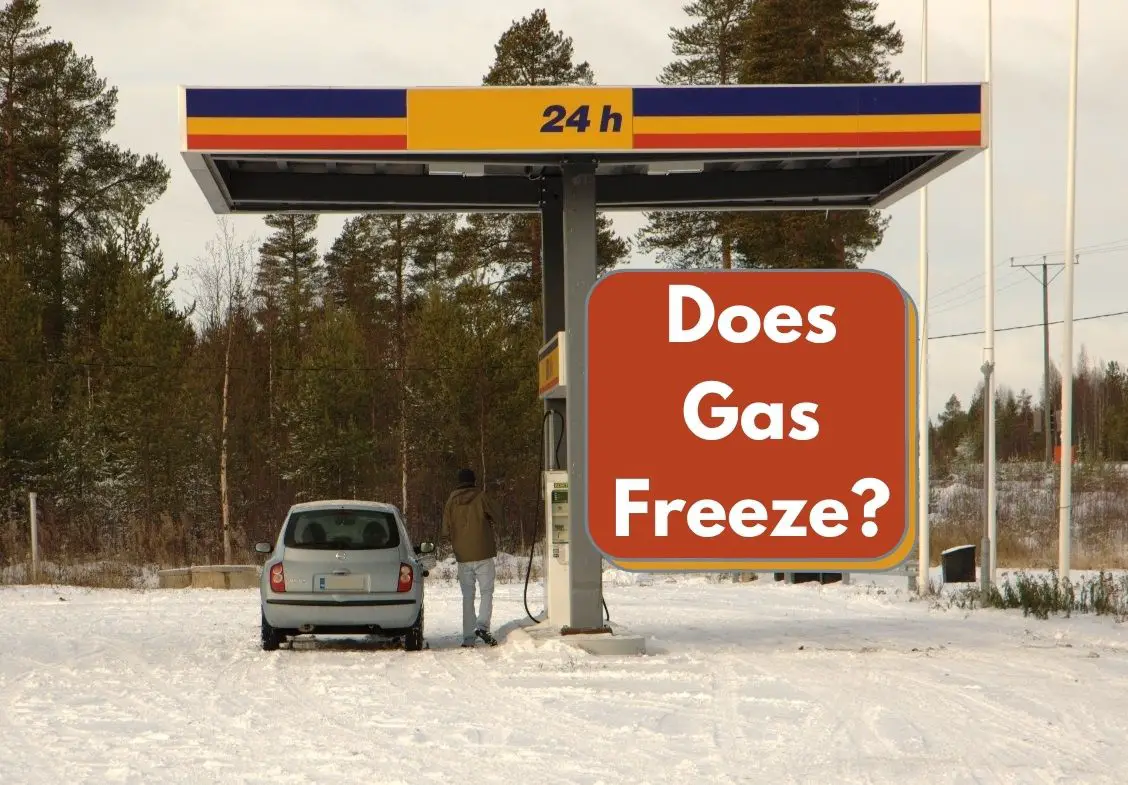If you live or travel to an area that has cold winter temperatures and (like almost everyone) are relying on a gas-powered vehicle or other machine like a generator for everyday use, you may be wondering: what’s the freezing point of gasoline?
The freezing temperature of gasoline is -100 F, making the risk of your gas freezing a rare situation and not something you should worry about.
There are other side effects to having gas in cold weather and low temperatures that you should watch out for which we’ll cover in this guide.
What’s The Freezing Point Of Gasoline?

As we briefly covered, the freezing temp of gasoline is -100 degrees Fahrenheit, and the chances you’ll encounter such low temperatures in North America are extremely uncommon, so freezing gasoline is not something you really need to be concerned about.
The lowest temperature ever recorded in North America was -81.4 F in Canada in 1947, which was still almost twenty degrees away from the freezing point for gasoline.
Does Gas Freeze?
So, does gasoline freeze?
Yes, gas can freeze in your gas tank if the temperature reaches and holds -100 F.
This is extremely unlikely to occur.
How To Keep Gas From Freezing

Considering that the freezing point of gasoline is at 100 below Fahrenheit, all you really need to do is store your gas above that temperature.
Considering that it’s never gotten that cold in North America in history, there’s nothing you need to do.
The main thing you can do to prevent frozen gas is to keep your gas tank full, as a larger quantity of gasoline will resist freezing better than a near-empty tank.
Most gasoline has antifreeze additives in it to add extra protection against freezing gas.
If you want to further protect your gasoline from freezing or lower the freezing point of gas even more, you can add isopropyl gas antifreeze or isopropyl alcohol at a ratio of 1.2 ounces per gallon of gas.
What Happens When Gasoline Freezes?
When gas freezes it can break down and freeze into a “gel” of its separate components.
This can harm your fuel system, clog your fuel filter, and put extra strain on your fuel pump, leading to costly repairs on those components.
In addition, any extra room not taken up by gas in your tank at low temperatures allows extra room for condensation to build up.
This condensation can freeze, causing that moisture to get in your fuel lines and the rest of your fuel system, causing malfunction or additional damage.
Can Gas Freeze In Your Gas Tank?
While gas theoretically could freeze in your gas tank if it got below -100 degrees F, the chances of it getting that cold are simply not possible in North America, so a frozen gas tank is nothing to worry about.
What Is The Freezing Point Of Gasoline In Celsius?
The freezing point of gasoline in Celsius is -73.3 degrees, or the same as -100 degrees Fahrenheit.
What Temperature Does Gasoline Freeze? Wrapping Things Up
To repeat, the freezing point of gasoline is -100 F, which is 20 degrees lower than the lowest recorded temperature ever in North America, so you don’t let the thought of your gas freezing keep you up at night.
If you do live somewhere that sees temperatures lower than -100F, your local gasoline likely already has some additives in it to counteract those frigid temperatures to keep the gas from freezing.
There are still other fuel system issues that can arise from subzero temps you should be aware of, but freezing gasoline is not one of them.

